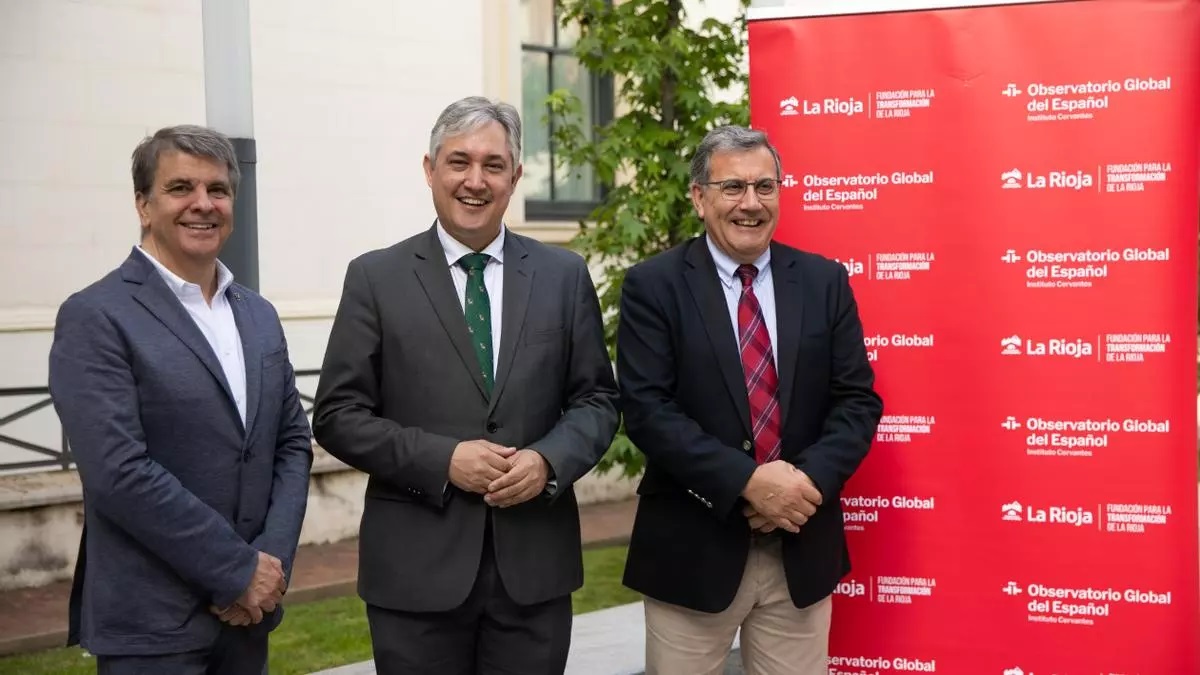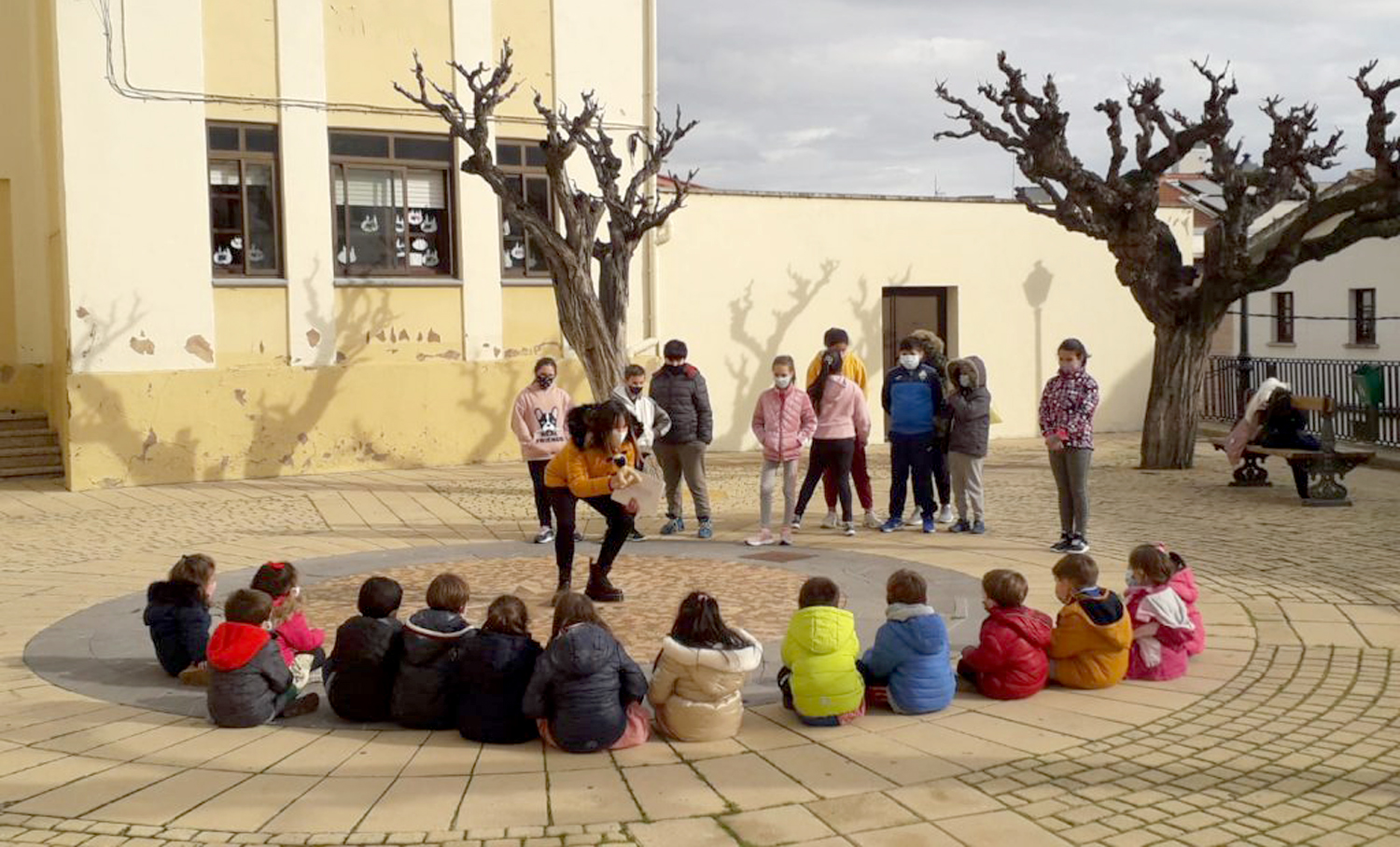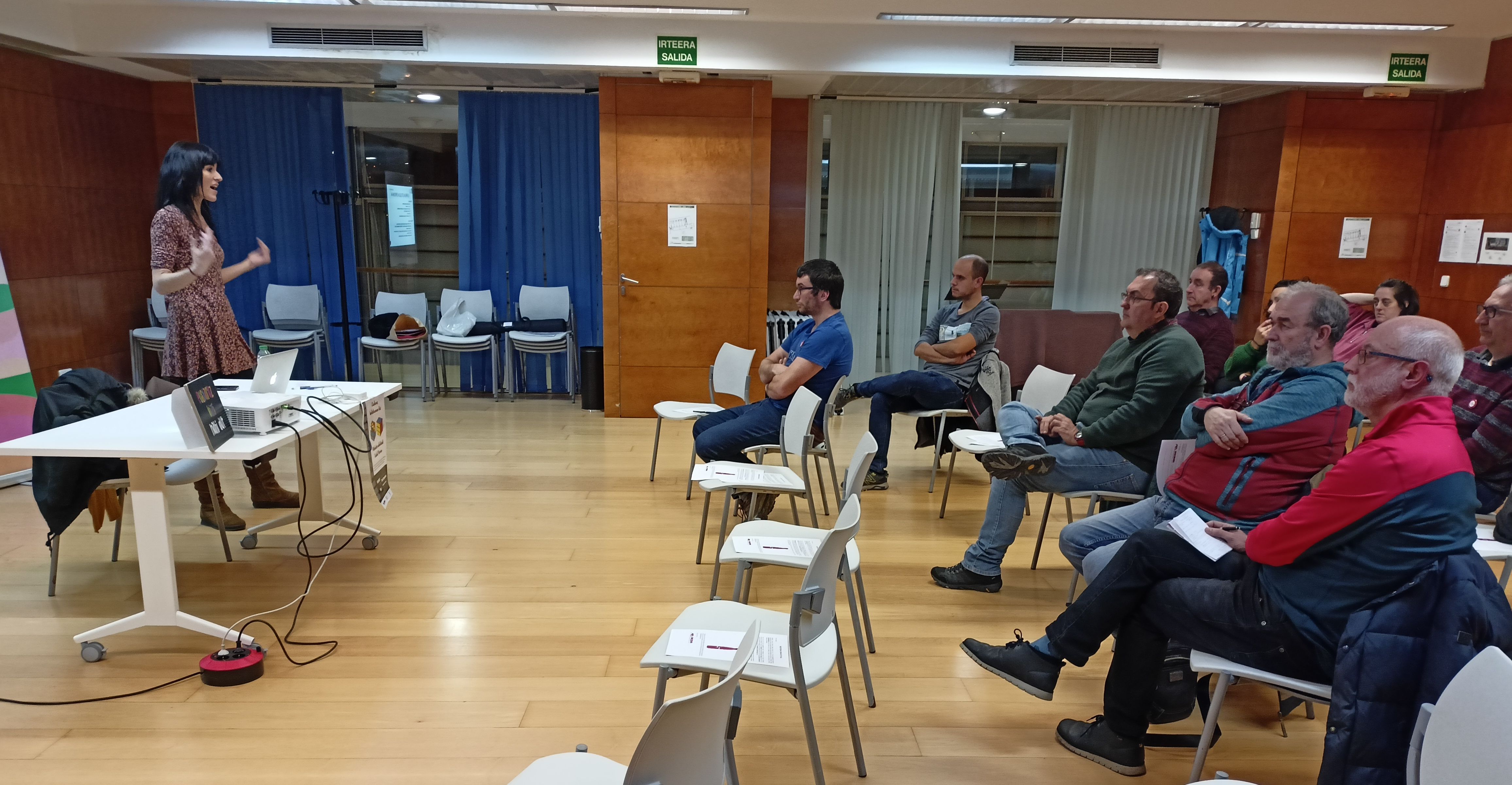Same linguistic limits and violations for ten years
- In 2023, the Observatory received 909 complaints related to violations of language rights. Over 75% of them refer to services related to administration: “Citizens report that every year they continue to fight the same wall.”

This year’s report by the Observatory on Linguistic Rights has brought nothing new: citizens have denounced the same limitations and violations of rights as ten years ago. They present in Pamplona the report Situation of Linguistic Rights 2023. There were linguistic and rights barriers, with a total of 909 complaints. Over 75% of them refer to services related to administration. “Citizens report that every year they continue to fight the same wall,” said Centre Director Agurne Gaubeka.
Fewer than 67 complaints were registered in 2023 than in 2022. According to Garbiñe Petriati, the Centre’s technique, this does not mean that violations of language rights have decreased. He stresses that there are citizens who do not denounce and who have to give up doing it correctly in Basque because they fear damage. The Centre has registered violations of rights in all areas.
Infringements by area
In terms of health, primary care and administrative centers do not guarantee health care in Basque, and even worse in the specialties. The situation also affects workers, because there are still limitations to working in Basque.
In education, some resources are not yet in Basque. In Lapurdi, Zuberoa, Baja Navarra and Navarra continue with the “same barriers” to continue teaching Euskera: “Thousands of children and young people violate the right to learn Euskera”. For example, in the Northern Basque Country students have been told that they will have to receive some explanations only in French.
Public institutions manage much of the cultural, leisure and sports offer. The Centre has therefore highlighted the “concern” of public institutions. It stresses that the socialisation of culture, leisure and sport in the non-formal area of children and youth can be a cohesion element. According to the report, there is a lack of resources and investments, and the obligations of large cinemas or platforms to offer in Basque need to be worked out.
The laws of consumers and users do not include violations of linguistic rights in Navarra, Baja Navarra, Zuberoa and Lapurdi. which makes it difficult to access the service in Basque. Although the law provides for infringements in Álava, Bizkaia and Gipuzkoa, the report notes that delays have occurred.
There are many complaints that the Centre has received in relation to public administration. Although in the General Administration and in municipalities and municipal councils citizens want to receive the service in Basque, they are asked to change their language or their choice is conditioned by collateral damage. In addition, most municipalities subcontract certain services or jobs. They do not adequately guarantee the linguistic rights of citizens, nor do they follow municipal or municipal criteria.
As for the police, in general there are hardly any Euskera protocols, and in cases where there is a protocol, as in the case of the Ertzaintza, it is not complied with. Regarding the foral police, the citizenship denounces that it does not respond to the demands in Basque. They add that when asked to speak in Basque, the police, instead of understanding it as a right, consider demands as aggression.
Hizkuntz Eskubideen Behatokiak publikatu egin ditu ekainean erregistratu dituen eskubide urraketak eta zorion mezuak.










.jpg)










